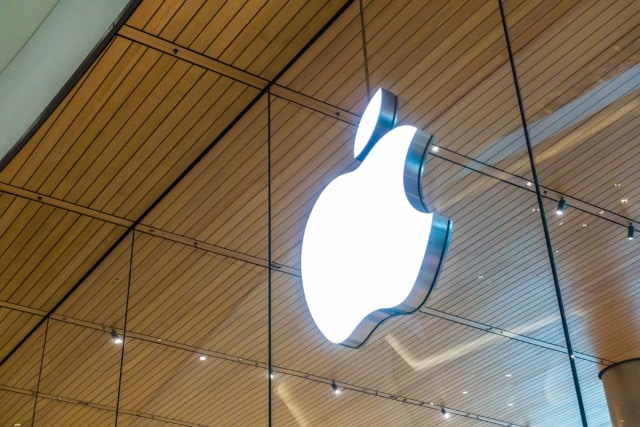Shares plummet following Apple's profit warning, blamed on China, lower iPhone sales and cut-price battery replacements

After Apple issued a profit warning, indicating that it believed first quarter revenue will be lower than previously expected, shares in the company dropped by as much as 9 percent in early trading, and the effects were felt by other companies as fear mounted that Apple's troubles could spread wider.
Tim Cook issued a letter to shareholders, warning that "our revenue will be lower than our original guidance for the quarter". He cites a number of reasons for the revised figures, including the timing of iPhone sales, the strength of the dollar, market saturation, and lower than expected numbers of iPhone upgrades -- this being partly blamed on the high uptake of Apple's reduced-price battery upgrade program introduced a little over a year ago.
See also:
- Apple launches new transparency report website showing government data requests from around the world
- Apple stands by its bent iPad Pro
- Your iPad Pro may be bent -- and Apple says it's not a defect
- Apple hit with lawsuit for hiding iPhone XS notch and making misleading claims in advertising
In his letter, Cook lays much of the blame for Apple's troubles at China's door. He says: "While we anticipated some challenges in key emerging markets, we did not foresee the magnitude of the economic deceleration, particularly in Greater China. In fact, most of our revenue shortfall to our guidance, and over 100 percent of our year-over-year worldwide revenue decline, occurred in Greater China across iPhone, Mac and iPad".
He points to tensions between China and the US as contributing to the problem, but insists that Apple’s future in the country is "bright". He also concedes that Apple's own battery replacement program -- launched after controversy surrounding the company's practice of purposefully slowing down older handsets -- may have been partly to blame for poor iPhone sales:
In some developed markets, iPhone upgrades also were not as strong as we thought they would be. While macroeconomic challenges in some markets were a key contributor to this trend, we believe there are other factors broadly impacting our iPhone performance, including consumers adapting to a world with fewer carrier subsidies, US dollar strength-related price increases, and some customers taking advantage of significantly reduced pricing for iPhone battery replacements.
While Cook tries to remain positive in his letter, it's hard to escape the fact that Apple is losing its grip at the top of the premium smartphone sector. Not only is there increased direct competition, but there are also now a huge number of highly capable alternatives to the iPhone available at a significantly lower price.
The news from Apple has already sent the value of the company plummeting by more than $55 billion, and as trading continues today, it is possible that it will drop further.
The Financial Times says that the company could be facing the biggest one-day drop in share price for five years. But the news has also had a dramatic impact on the value of companies around the world who supply to Apple -- and they are not necessarily in as strong a position to shoulder the drop.
Image credit: Stockforlife / Shutterstock
